Idaho murders: Bryan Kohberger defense slams credibility of eyewitness, memory issues
Idaho student murders suspect Bryan Kohberger’s defense team tore into the credibility of the lone eyewitness who allegedly saw a masked man leaving her off-campus rental home the night four of her roommates were killed.
Defense attorney Anne Taylor described conflicting statements from the eyewitness, whom Fox News Digital has chosen not to name, including alleged admissions that she had memory problems and wasn’t sure if she was dreaming.
Judge Steven Hippler did not hand down an order on two of the defense motions heard in the public section of a full-day hearing Thursday. Kohberger is back in court Friday morning.
BRYAN KOHBERGER DEFENSE WANTS PROSECUTION PUNISHED OVER DELAYS
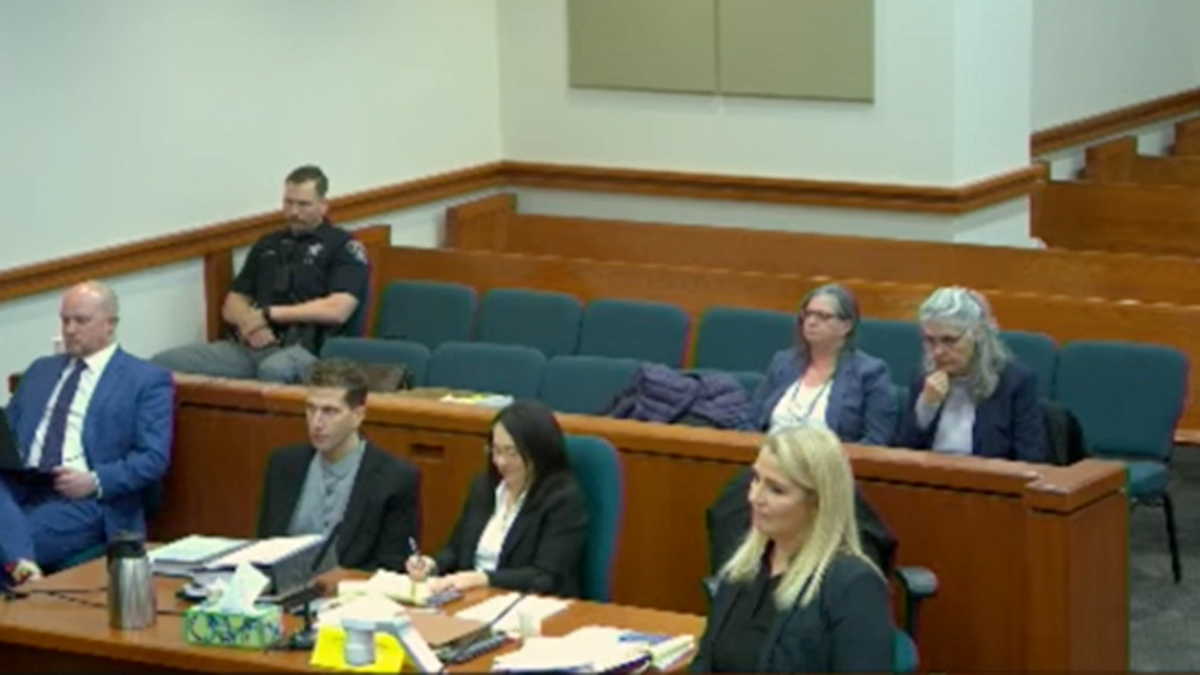
Among the issues, Taylor argued that authorities should have gotten warrants before running DNA searches with Othram and the FBI, as well as before they took a trash can from outside the suspect’s family home in Pennsylvania.
“I struggle with the idea that DNA left at a crime scene, that there’s any expectation of privacy,” Judge Steven Hippler told Taylor.
However, he also grilled prosecutors as to why he should allow evidence that appeared to have been obtained in violation of an interim FBI policy.
Prosecutors said it’s because there’s no expectation of privacy.
And the interim policy itself “clearly says this interim policy does not impose any legal limitations on otherwise lawful investigative or prosecutorial activities,” Idaho Deputy Attorney General Jeff Nye told the court.
As for the trash pull, he said it was lawfully obtained from Kohberger’s family’s trash bins, which were placed in the street, picked up by the local trash company and then delivered to authorities.
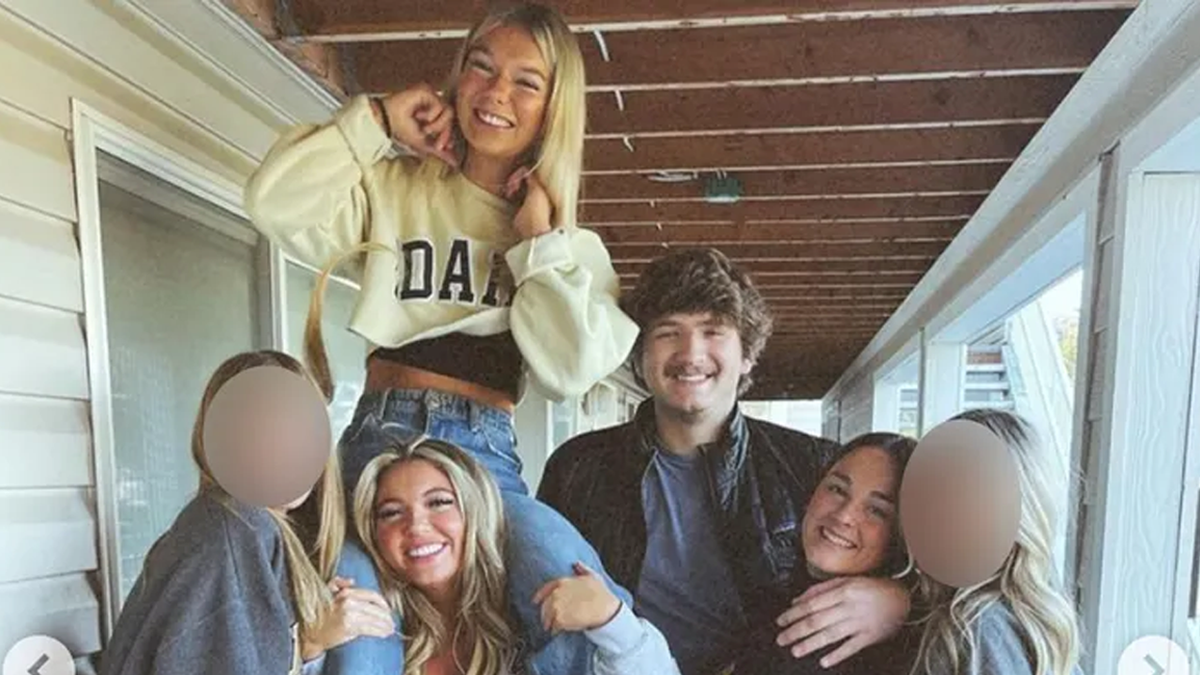
Hippler told the sides he would take the matter under advisement and moved on to the next phase of the hearing, Taylor’s arguments against the validity of a number of warrants in the case.
She claimed that detectives misled the magistrate judge in a probable cause affidavit for warrants early on in the case and attacked the credibility of the surviving roommate who told police she saw a man with “bushy eyebrows” after hearing sounds of a struggle. She also claimed an FBI map of Kohberger’s suspected movements was misleading and showed him traveling in the wrong direction.
Hippler asked if DNA itself found at the scene isn’t enough to support probable cause on its own.
“Isn’t that probable cause every day and twice on Sunday?” he asked.
“Not in this context,” Taylor argued.
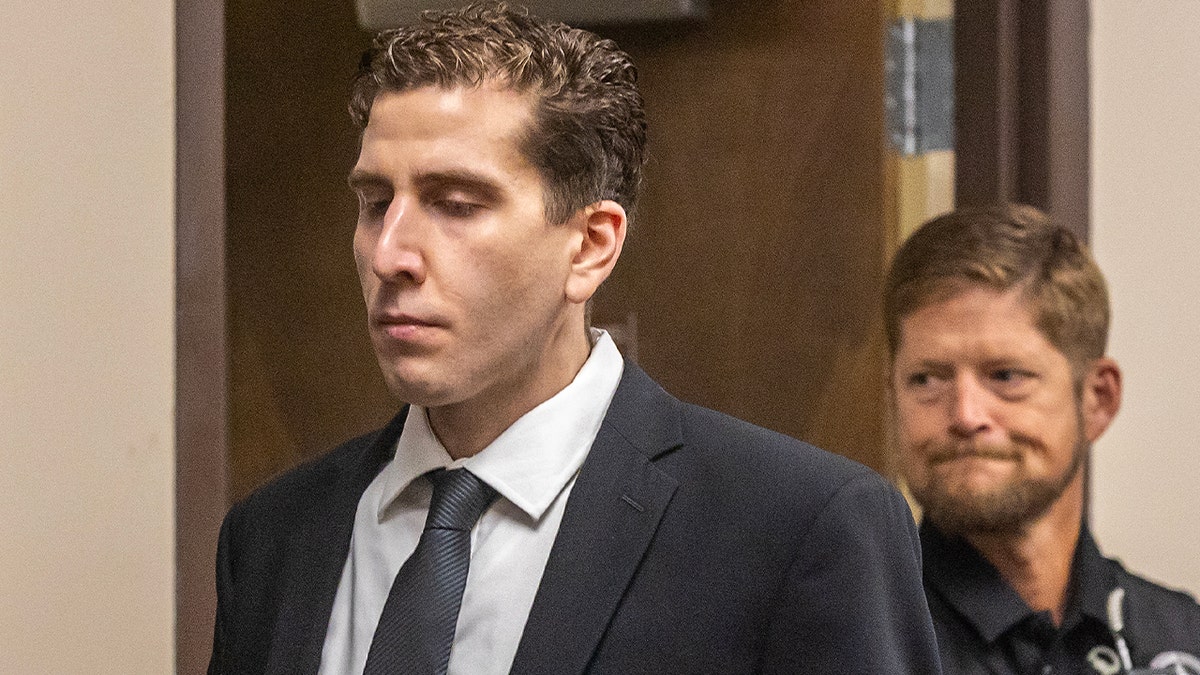
Latah County Deputy Prosecutor Ashley Jennings countered that the defense could not back up its claim that investigators lied in their warrant affidavits.
She also defended the eyewitness, said the most important thing that came from her in the probable cause affidavit, the description of the suspect as a White male, slender and tall, was consistent.
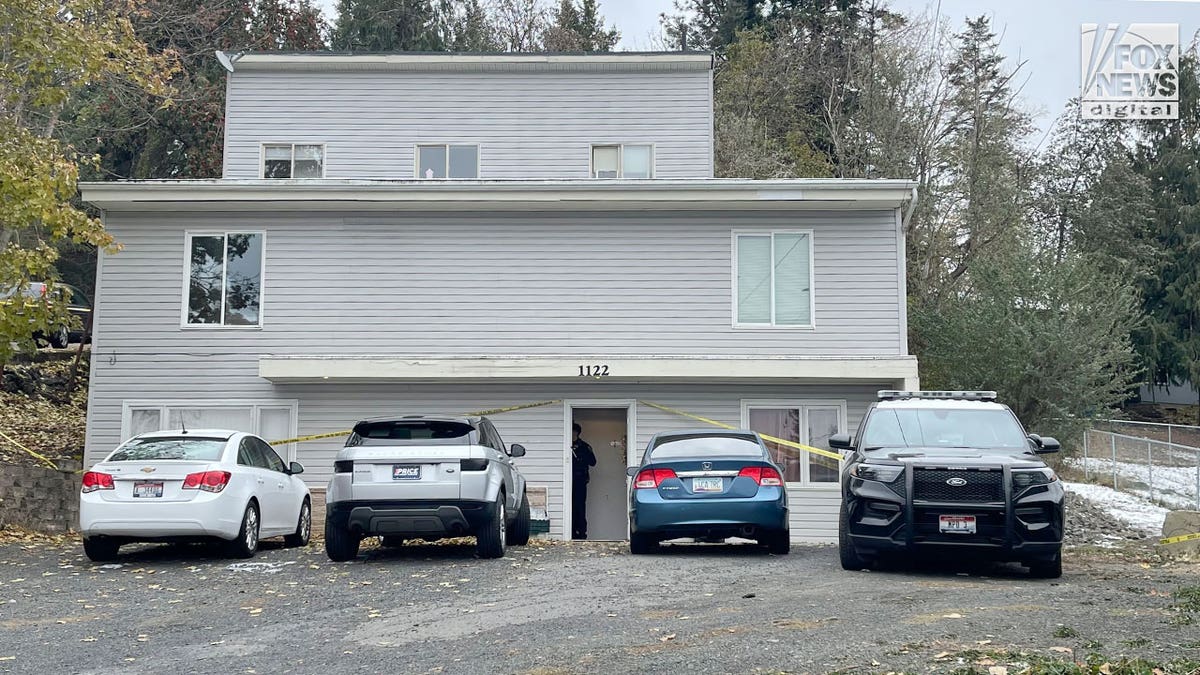
In her rebuttal, Taylor read from the eyewitness’s statement to police.
“I don’t know if this was real or if my mind was just, like, playing with me,” she read. “But from what I think I heard, someone was crying in the bathroom.”
Taylor added that the eyewitnesses mentioned she may have been dreaming, was drunk and had memory issues.
Earlier this week, Hippler ruled against making the closed-door hearing public.
“As the State points out, there is no dispute this is a high-profile case, particularly in Idaho,” he wrote in his order. “It was transferred to Ada County from Latah County on Defendant’s motion to change venue. Defendant argued in that motion that the small size of the jury and the extensive, inflammatory media coverage prevented him from receiving a fair trial in Latah County. While Ada County has a larger jury pool to pull from than Latah County, the State is concerned that the risk of exposing that jury pool to evidence — particularly evidence that may not be deemed admissible at trial — remains significant.”
It was among 12 suppression motions filed by Kohberger’s defense to be heard Thursday, marking the first time Kohberger has been back in court in over two months, when his defense team asked a Boise judge to “sanction” prosecutors over “inadequate disclosures” through the discovery process. He did not appear in person at a closed-door hearing earlier this week.
His defense team is requesting expert witnesses be excluded from the case as a solution.
His team is attempting to have nearly all the evidence collected by police against Kohberger thrown out by challenging the legality of search warrants.
They are arguing the probable cause on which the search warrants were based was established primarily by the police use of investigative genetic genealogy (IGG), which they believe amounts to a violation of Kohberger’s Fourth Amendment rights.
“These are the sorts of decisions that really help determine someone’s guilt at trial,” said Andrew Stoltmann, a Chicago attorney who has been following the case. “The attempt at keeping out much of this evidence likely won’t be successful, but if this DNA evidence comes through to the jury, I think it’s game set and match for him.”
IDAHO MURDERS: BRYAN KOHBERGER INVESTIGATED FOR ANOTHER HOME INVASION PRIOR TO CAMPUS SLAYINGS
IGG is a relatively new approach that allows police to build a family tree of a suspect by comparing DNA found at a crime scene to public databases filled with voluntarily submitted DNA from people trying to learn about their ancestry.
But the DNA recovered on a knife sheath at the scene is likely the most damning evidence publicly revealed against Kohberger, Stoltmann told Fox News Digital.
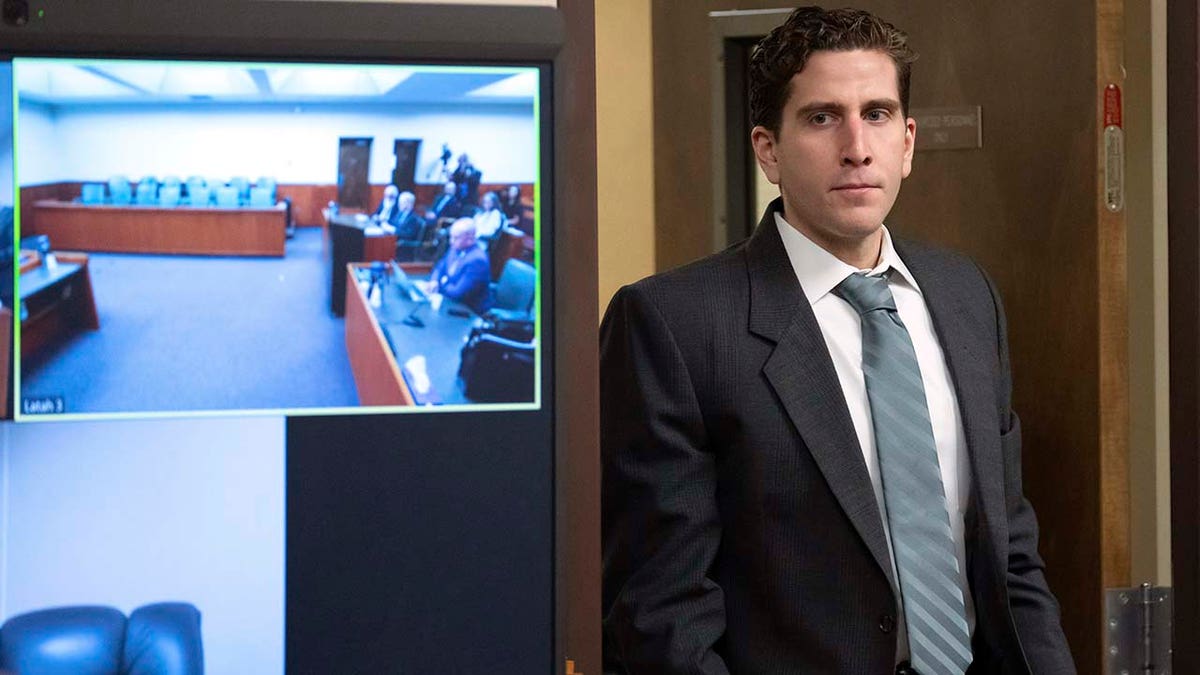
“The cellphone records certainly make him look bad, although the fact that the phone was turned off at the time of the murders helps him,” he said. “But I think the DNA sinks his Bismarck.”
The other point his defense is arguing is that search warrants were overly broad, notably during the searches of electronic devices, like Kohberger’s phone, laptop and online accounts.
IDAHO PROSECUTORS REJECT BRYAN KOHBERGER’S MANY ATTACKS ON SEARCH WARRANTS
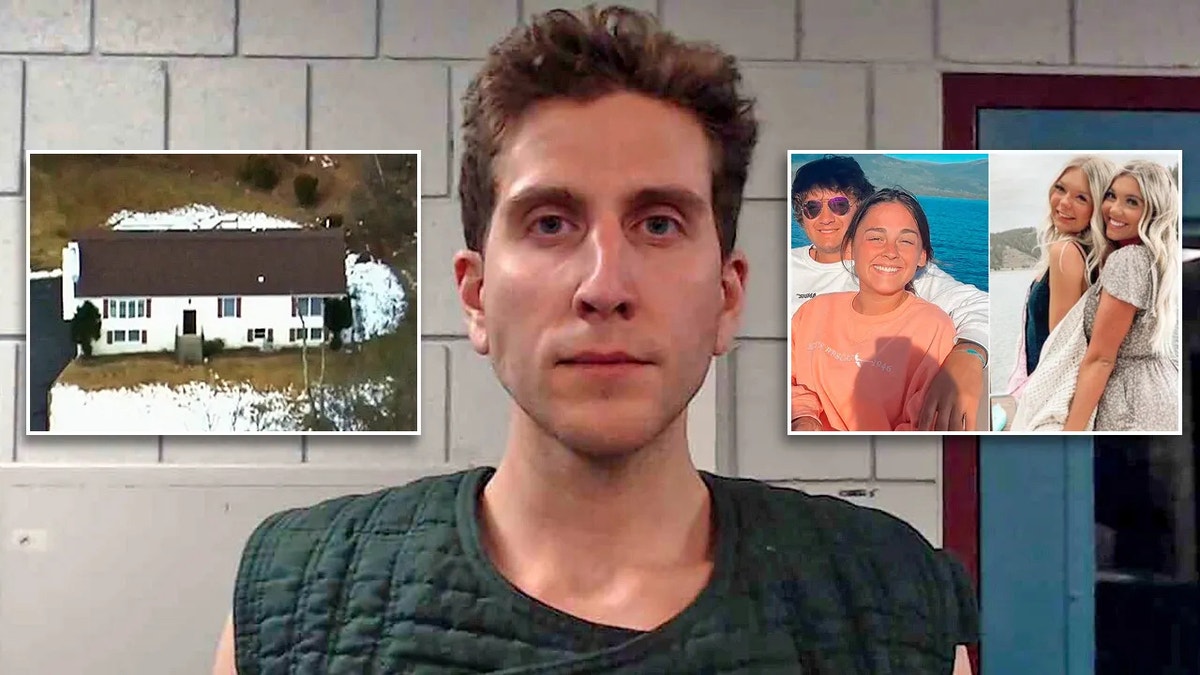
GET REAL-TIME UPDATES DIRECTLY ON THE TRUE CRIME HUB
The hearing will also cover a motion to compel discovery, whereby Kohberger’s defense argues it has not been given all the reports, research and data on which expert prosecution witnesses will rely for testimony at trial.
The court set aside Friday if all the motions were not covered by the close of business Thursday.
Kohberger is facing four charges of first-degree murder and felony burglary in the stabbing deaths of University of Idaho students Madison Mogen, 21; Kaylee Goncalves, 21; Xana Kernodle, 20; and Ethan Chapin, 20.
FOLLOW THE FOX TRUE CRIME TEAM ON X
All four students were killed in a 4 a.m. home invasion attack in a six-bedroom home just steps off campus on Nov. 13, 2022.
Prosecutors allege Kohberger sneaked into the home while some of them were asleep and killed them with a large knife.
SIGN UP TO GET TRUE CRIME NEWSLETTER

Two housemates survived, including one who told police she saw a masked man with “bushy eyebrows” walk out the back door after overhearing sounds of a struggle.
Police found a Ka-Bar knife sheath under Mogen’s body that prosecutors say contained Kohberger’s DNA. Kohberger drove a white Hyundai Elantra, the same type of car investigators identified as the suspect’s vehicle, and allegedly turned his phone off before heading to and from the crime scene, according to an affidavit.
Police, citing phone records, also alleged he stalked the victims’ home a dozen times before the murders and drove by once more hours after.
CLICK HERE TO GET THE FOX NEWS APP
At the time of the murders, Kohberger was studying for a Ph.D. in criminology at nearby Washington State University, about 10 miles across the state line.
A judge entered not guilty pleas on Kohberger’s behalf at his arraignment in May 2023.
Kohberger is being held without bail and could face the death penalty if convicted.
Stepheny Price is writer for Fox News Digital and Fox Business. Story tips and ideas can be sent to [email protected]
